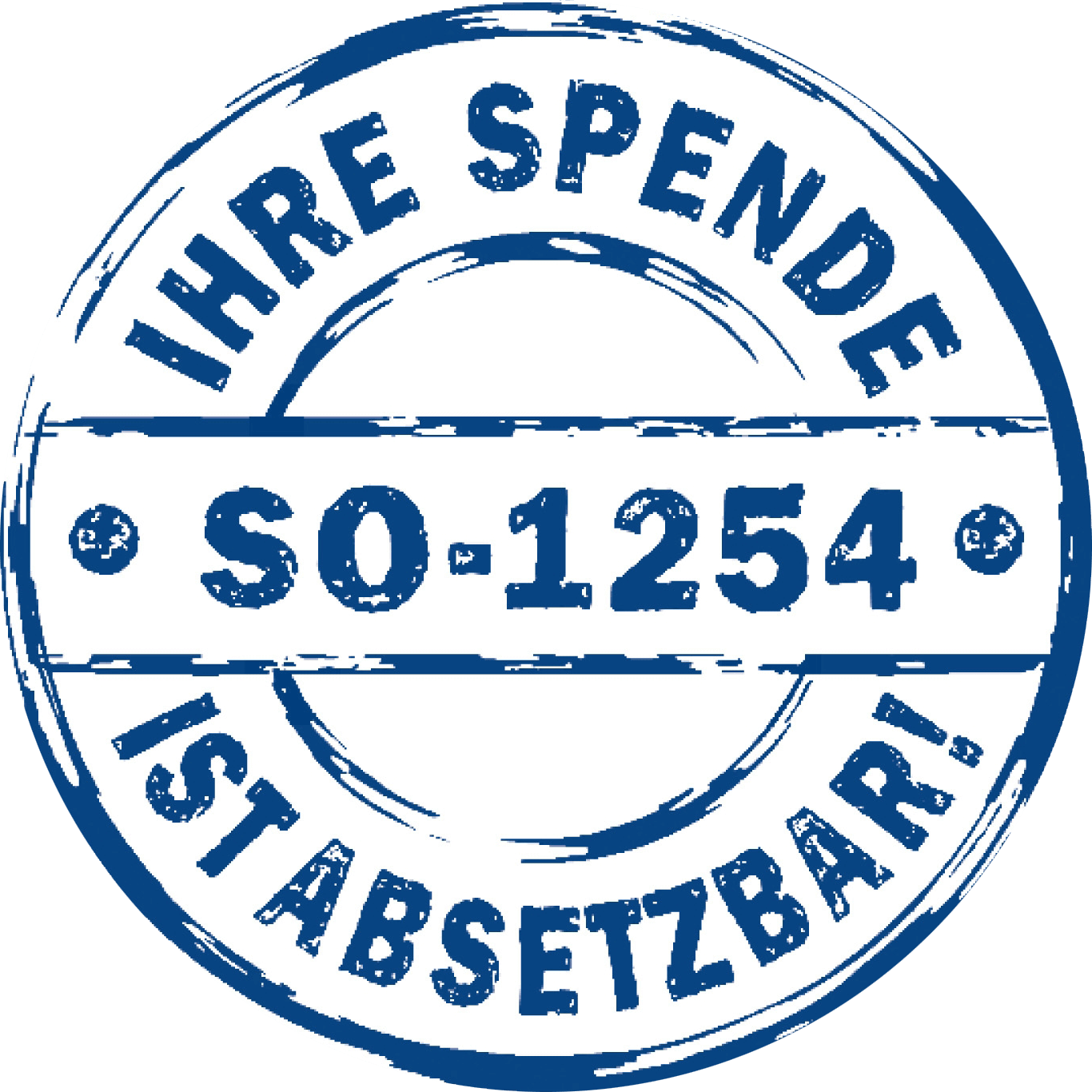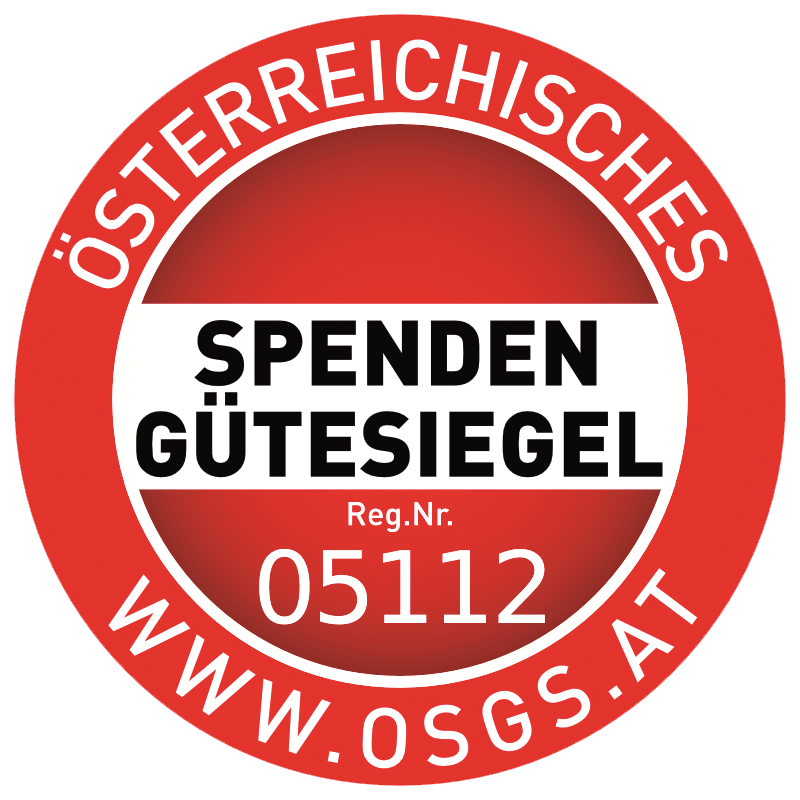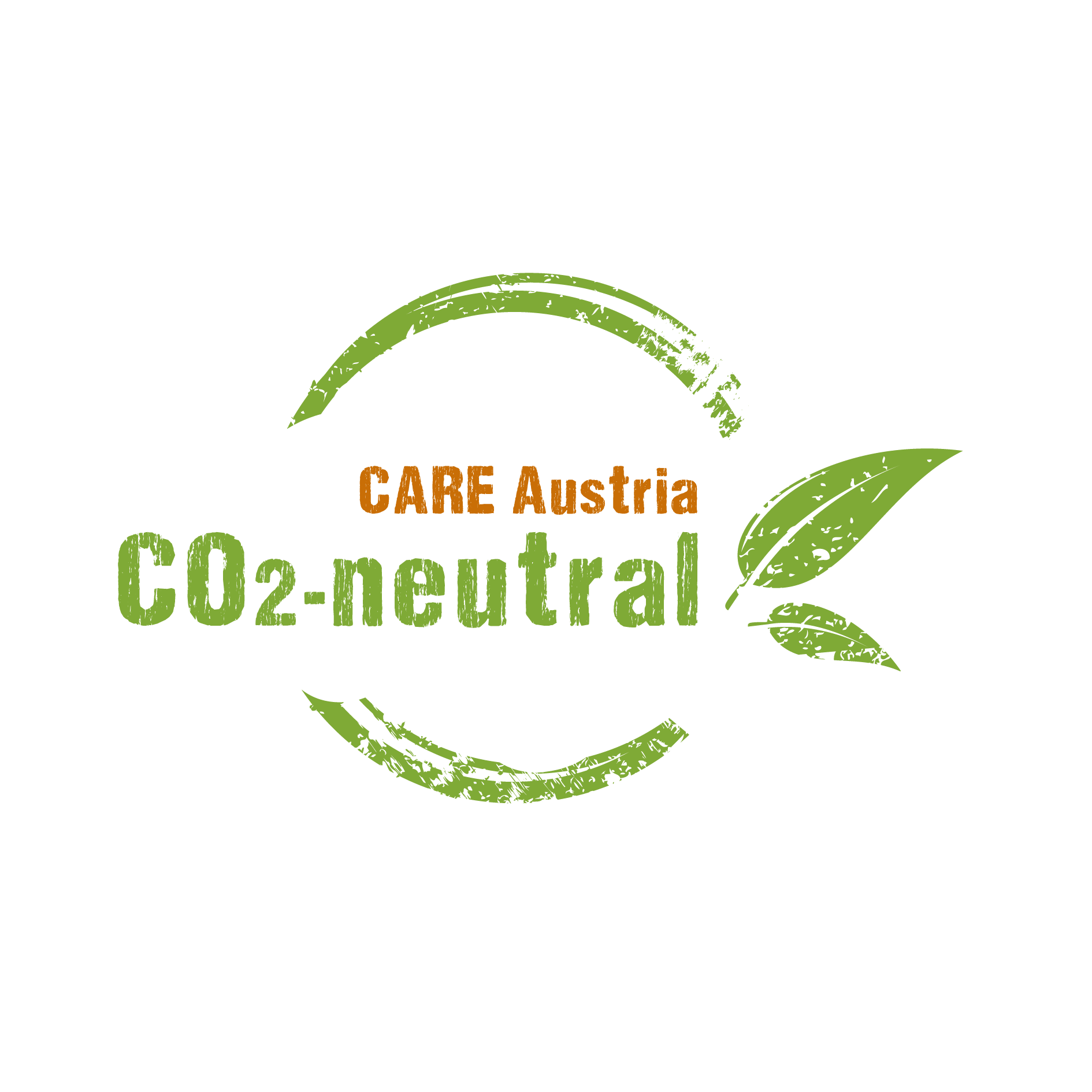Georgia: Implementing LEADER in Mestia municipality for better livelihoods in high mountainous regions of Georgia – GEO945
The overall lack of economic opportunities results in an increasing out-migration of local population, particularly women and young people, and high poverty levels. In this framework, population with additional parameters of vulnerability – Internally Displaced People (IDPs), eco-migrants, ethnic minorities, but also People With Disabilities (PWD), women, young people and the elderly – are particularly affected by lack of socioeconomic opportunities and suffer a higher risk of exclusion. For example, IDPs in Mestia, have been generally neglected from housing and other supporting programs for IDPs in Georgia, which has hampered their capacity to realize their potential and livelihood.
The socioeconomic context in Mestia involves a great potential to reduce poverty and improve employment and living conditions through diversification, sustainable management of natural resources and improvement of social services. Using a bottom-up participatory methodology that places the local population as subjects and main actors in the development of their territory, and building on the EU expertise and the LEADER/CLLD-based initiatives under implementation in Georgia since 2015, the project will address key socioeconomic barriers for the development of Mestia.
Overall Objective
To improve livelihoods of vulnerable households in remote, high mountainous regions of Georgia and support their economic and social wellbeing.
Specific Objective
To improve diversification and competitiveness of the rural economy, the inclusion of vulnerable groups, and the sustainable management of natural resources in Mestia municipality by implementing the LEADER approach.
Expected Outputs
Output 1. The Mestia Local Action Group (LAG) is an operational and representative public-private partnership that improves the local economy and the social inclusion of vulnerable groups in rural development.
Output 2. Local stakeholders have drafted and implement an inclusive and gender-sensitive local development strategy (LDS) that represents the needs and potential of all groups.
Output 3. A grant scheme funding innovative economic and social initiatives enhances rural development based on the priorities set in the Local Development Strategy.
Output 4. Mestia LAG is embedded in and actively contributes to existing networks of cooperative relationships that promote, replicate and increase the sustainability of the LEADER approach in Georgia.
Main Activities
- Inform, consult and mobilize the Mestia population to participate in the Mestia Local Action Group (LAG).
Establish an inclusive LAG for Mestia. - Support the institutional development and sustainability planning of the Mestia LAG.
- Participatory territorial analysis and elaboration of an inclusive gender-sensitive Local Development Strategy (LDS) for Mestia.
- Adopt and review the Mestia Local Development Strategy by the LAG.
- Establish a grant scheme to fund priority actions set by the Mestia LDS.
- Select, fund, support implementation and monitor local initiatives; improve the capacities of applicants and implementers.
- Select and fund more local initiatives through new cycles of calls for proposals incorporating lessons learnt.
- Establish a cooperation mechanism with LAGs and rural development networks.
- Build ties between the Mestia LAG and other LAGs in Georgia and the EU.
- Increase the visibility of LEADER in Georgia through territorial initiatives with a mountainous focus promoted by the Mestia LAG.
- Establish a Georgian LAG network for mountainous development.
Beneficiaries
At least 1,300 households from Mestia municipality will benefit from the implementation of local initiatives.
Location
Republic of Georgia: Mestia municipality
Duration
03.12.2018 – 02.12.2022
Project Materials and Publications
This project contributes to the following sustainable development goals (SDGs):












